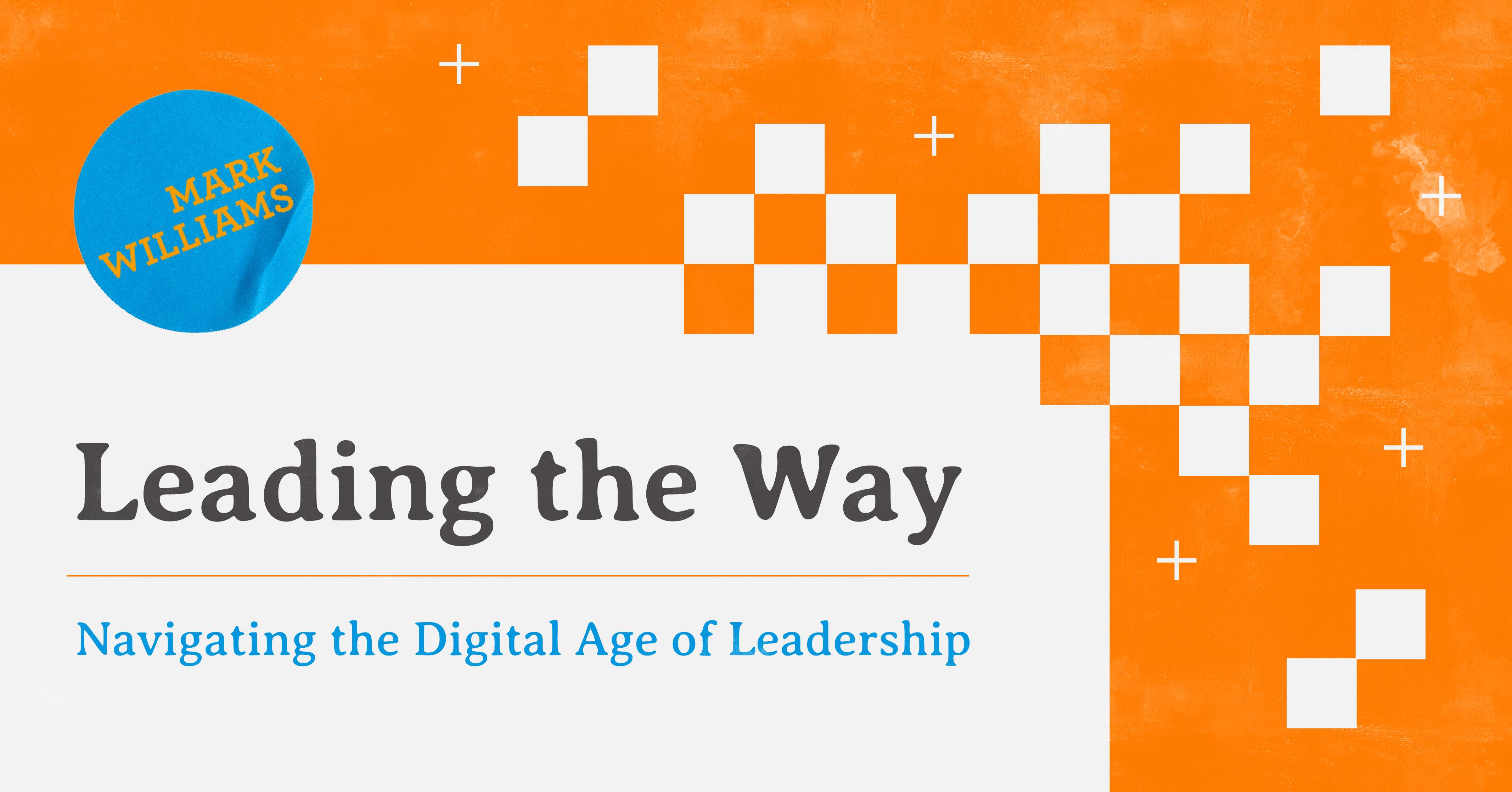In the ever-evolving landscape of the 21st century, leadership has undergone a transformation unlike any other era in history. The rise of the digital age has brought about a new model, where conventional leadership styles are being challenged and redefined. So, what does the future of leadership look like in this digital age? Let’s explore how the digital era is reshaping the very essence of leadership.
Adaptability is Key
In the digital age, the only constant is change. Technology is advancing so rapidly and leaders need to be ready to adapt at a moment’s notice. The days when leaders could rely solely on traditional leadership models and static strategies are long gone. The leaders of the future need to embrace change and view it as an opportunity rather than a threat.
Imagine a leader as a ship captain navigating through turbulent waters. In the digital age, they must not only have a well-defined course but also the agility to adjust their sails when unexpected storms (market disruptions, technological breakthroughs and societal changes) arise. Being adaptable means being open to new ideas, learning from failures and continually seeking improvement.
Digital Literacy is Non-Negotiable
To lead effectively in the digital age, leaders must speak the language of technology. Digital literacy isn’t just for the IT department; it’s a fundamental skill for everyone in leadership positions. Understanding the basics of artificial intelligence, data analytics, cybersecurity and other digital tools is essential.
Leaders need to embrace technology. From AI-driven decision support systems to data-driven insights, digital tools can enhance leadership capabilities. Digital literacy helps leaders to communicate and collaborate effectively with tech-savvy teams, fostering innovation and growth.
Empathy Remains Paramount
While the digital age brings technological advancements, it doesn’t diminish the importance of human connection. In fact, it emphasizes it. Leaders of the future must be empathetic, understanding the needs and aspirations of their teams in an increasingly interconnected world.
In a world where remote work and digital communication tools are prevalent, the ability to connect on a personal level becomes even more critical. Leaders need to actively listen, provide emotional support and show appreciation for their team members’ efforts. Empathy fosters trust, which is the bedrock of effective leadership.
Collaboration Across Boundaries
The digital age has obliterated geographical boundaries. Teams can collaborate across time zones and continents with ease. Leaders must harness this global connectivity to drive innovation and growth.
Collaborative leadership is not just about managing a team in one location; it’s about leading a diverse and distributed workforce. Leaders must foster a culture of inclusivity, where ideas flow freely and diverse perspectives are valued. Virtual teams require special attention to communication, coordination, and building a sense of belonging.
Data-Driven Decision Making
Data is the lifeblood of the digital age. Leaders who can harness data effectively will have a significant advantage. Data-driven decision-making is not about intuition; it’s about using data analytics to make informed choices that drive results.
Leaders need to understand how to collect, analyze, and interpret data to make strategic decisions. Whether it’s predicting market trends, optimizing business processes, or identifying talent gaps, data-driven leadership can lead to more exact and effective outcomes.
Continuous Learning is a Must
In the digital age, in order to stay relevant, leaders must be committed to continuous learning. This means not only acquiring new skills but also staying informed about the latest technological advancements and industry trends.
Leaders can set an example by investing in their own development and encouraging their teams to do the same. Lifelong learners are better equipped to adapt to change and lead their organizations through the challenges of the digital age.
The future of leadership in the digital age is an exciting frontier filled with opportunities for those who are willing to embrace change, learn, and adapt. It’s a world where empathy, adaptability, digital literacy and data-driven decision-making are the cornerstones of effective leadership. As we navigate this evolving landscape, remember that leadership is not about a single leader at the top; it’s about empowering and inspiring a team to achieve collective success in the digital age. So, whether you’re a seasoned leader or an aspiring one, be ready to embrace the future, because the digital age is here to stay and the future of leadership is bright.
For more information on the future of leadership check out my new podcast- Balance, Not Burnout available anywhere you listen to podcasts.

